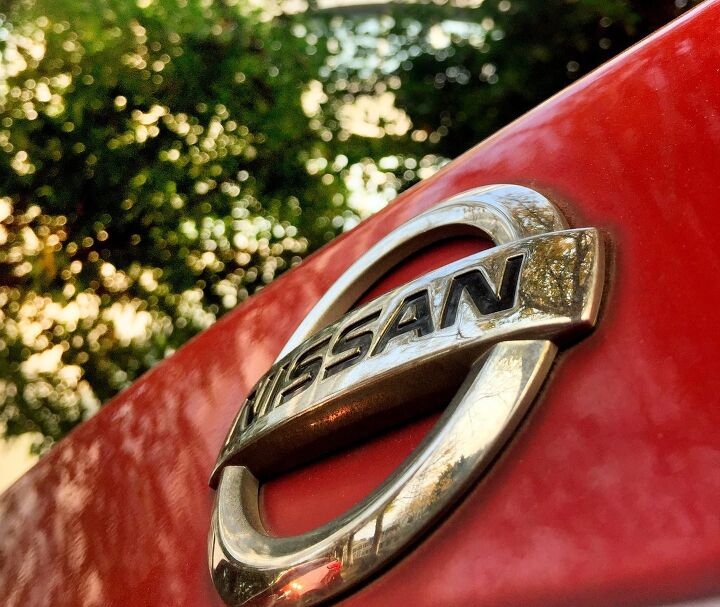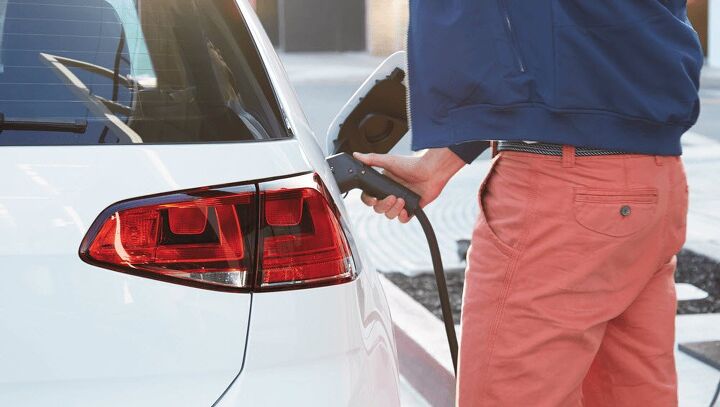#BatteryFactories
Take It or Leaf It: Nissan is Selling Its Battery Building Business to the Chinese
Earlier this month, Nissan announced it was in the final stages of sealing a deal to sell its entire EV battery business to Chinese investment firm GSR Capital. The sale includes battery plants in Tennessee, England, and Japan, with a preamble where the Japanese automaker has to buy up minority shares of Automotive Energy Supply Corp. from NEC Corp.
From there, it can sell off the business to GSR for a cool $1 billion — which isn’t a bad deal for the Chinese company. Nissan used around $1.4 billion in government funds building its U.S. factory in 2010, and the remaining plants weren’t exactly cheap to build. So why is Nissan selling them off?
For starters, the Leaf hasn’t been the sales leader the manufacturer hoped for. Even though global deliveries surpassed the 250,000-unit milestone in December 2016, Leaf sales don’t go beyond 50,000 units annually. By electric vehicle metrics, that’s still a win. However, the Tennessee factory is capable of producing 200,000 complete EV battery packs a year — well beyond the company’s current needs.
Pending Battery Armageddon Ready to Doom Future EV Production
Practically every major manufacturer is touting electric cars as the future of automobiles. There’s good reason to believe them.
With few exceptions, automakers are aggressively pushing toward battery driven vehicles to meet ever more stringent regulatory demands. Several brands plan on fleet-wide electrification within a few years and a handful already snub internal combustion engines entirely. But there may be a massive problem on the horizon ready to handicap the greener future many of us were prepared to embrace.
Volkswagen, a company that has been promoting its own electric revolution in the wake of its diesel emission fiasco, is anticipating a serious lithium-ion battery shortage by 2025. Based on targets of achieving 25 percent of Volkswagen’s total volume from electric vehicles in 10 years, Ulrich Eichhorn, VW’s head of research and development, dramatically increased projections made 13 months ago.
Previous estimates from the company had the number set at 150 gigawatt-hours of electricity.
“We will need more than 200 gigawatt-hours,” Eichhorn stated on June 30th during a presentation at Volkswagen’s proving grounds north of Wolfsburg.

















Recent Comments